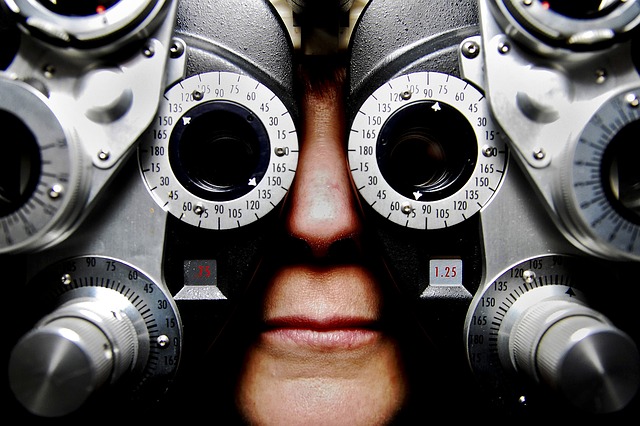Depression and type 2 diabetes mellitus were each associated with an increased risk for dementia and that risk was even greater among individuals diagnosed with both depression and diabetes.

Diabetes and major depression are common in Western populations and as many as 20 percent of people with type 2 diabetes mellitus also have depression.
Dimitry Davydow, M.D., M.P.H., of the University of Washington School of Medicine, Seattle, and coauthors examined the risk for dementia among individuals with depression, type 2 diabetes or both compared with individuals with neither condition in a group of more than 2.4 million Danish citizens, who were 50 and older and free from dementia from 2007 through 2013.
Overall, 19.4 percent of individuals in the group had a diagnosis of depression (477,133 individuals), 9.1 percent had type 2 diabetes (223,174 individuals), and 3.9 percent (95,691 individuals) had diagnoses of both diabetes and depression. The average age at initial diagnosis of type 2 diabetes was 63.1 years old and the average age at initial diagnosis of depression was 58.5 years old.
The authors found that during the study period, 2.4 percent of individuals (59,663 people) developed dementia and the average age at diagnosis was nearly 81 years. Of those individuals who developed dementia, 15,729 people (26.4 percent) had depression alone and 6,466 (10.8 percent) had type 2 diabetes alone, while 4,022 (6.7 percent) had both conditions.
Continue Reading Below ↓↓↓
The results of the study indicate that type 2 diabetes alone was associated with a 20 percent greater risk for dementia and depression alone was associated with an 83 percent greater risk, while having both depression and type 2 diabetes was associated with a 117 percent greater risk. The risk for dementia appeared to be even greater among those study participants younger than 65.
“In light of the increasing societal burden of chronic diseases, further research is needed to elucidate the pathophysiologic mechanisms linking depression, DM [type 2 diabetes mellitus] and adverse outcomes such as dementia and to develop interventions aimed at preventing these dreaded complications,” the study concludes.
JAMA Psychiatry. Published online April 15, 2015. doi:10.1001/jamapsychiatry.2015.0082.
Editor’s Note: The study was supported by an unrestricted grant from the Lundbeck Foundation and by a grant from the National Institutes of Health. Please see the article for additional information, including other authors, author contributions and affiliations, financial disclosures, funding and support, etc.
Commentary: Promoting Healthy Brain Aging
In a related commentary, Charles F. Reynolds III, M.D., of the University of Pittsburgh Medical Center, writes: “In conclusion, the study by Katon and colleagues illustrates the need for convergent scientific approaches to meet the challenge of promoting healthy brain aging and cognitive fitness into the last years of life. The convergence of expertise from epidemiology, behavioral and basic science in the biology of aging and brain health are all necessary ‘to move the needle’ in the demographic challenge that confronts the entire globe.”
The study was supported by an unrestricted grant from the Lundbeck Foundation and by a grant from the National Institutes of Health.
Source: The JAMA Network Journals / JAMA Psychiatry. April 15, 2015. doi:10.1001/jamapsychiatry.2015.0082.











